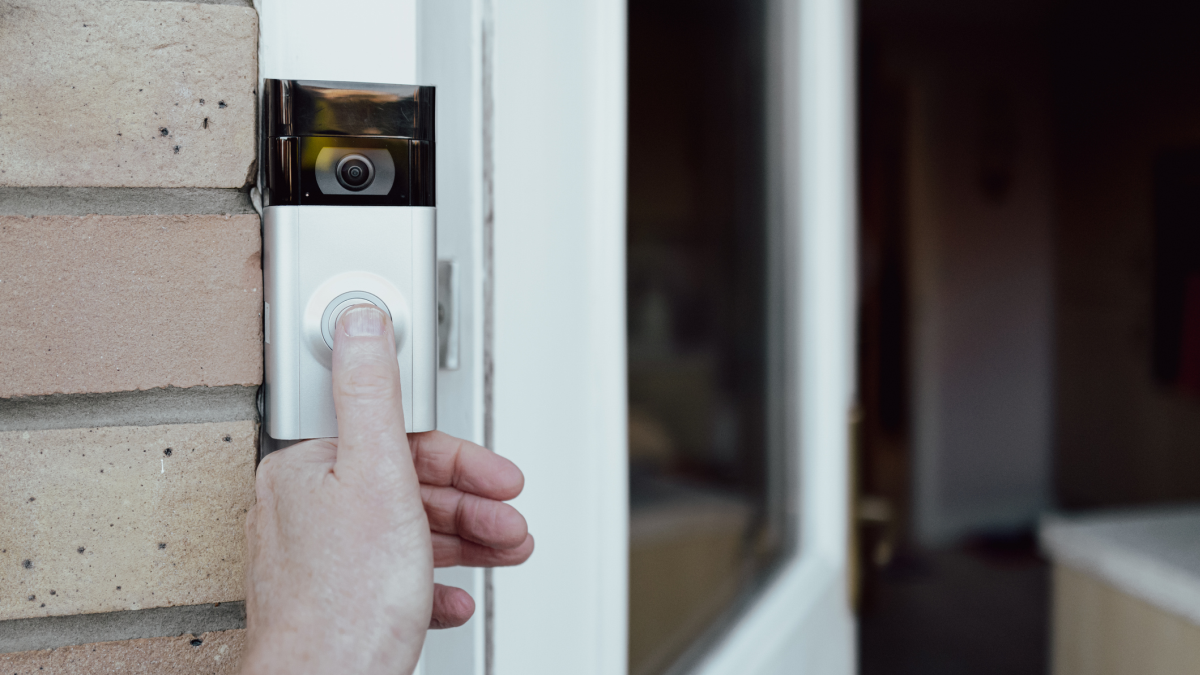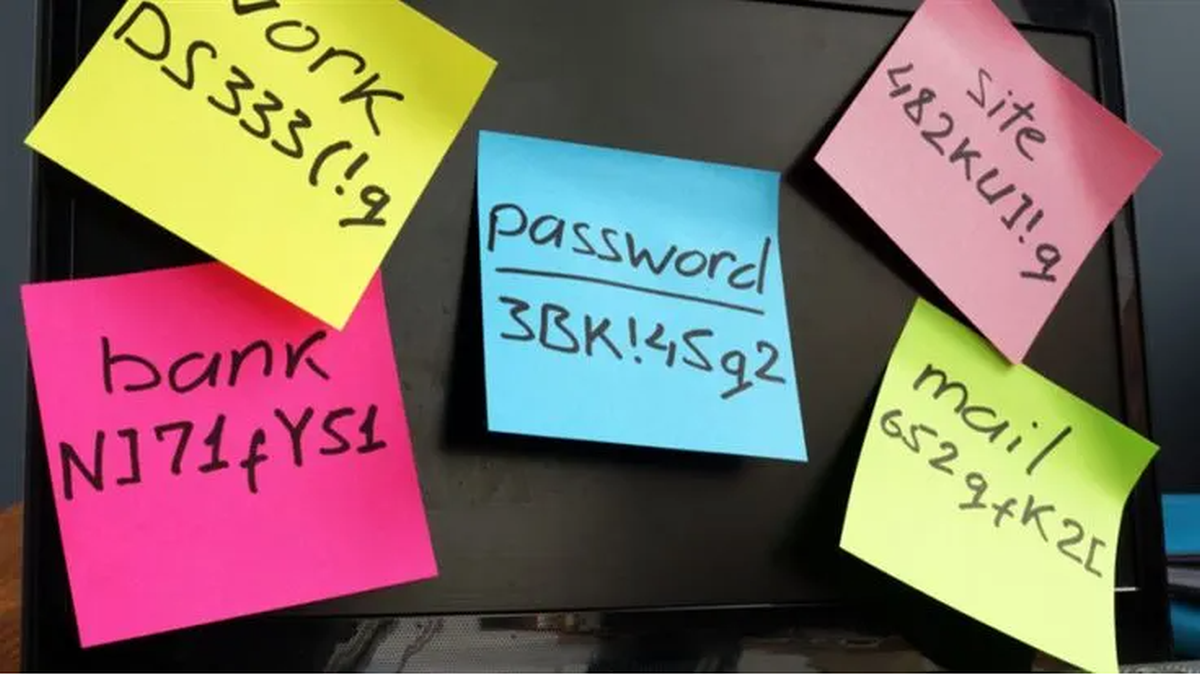US law enforcement will no longer be able to request footage through the Neighbors app produced by Ring video doorbells and surveillance cameras.
Until now Ring’s Request for Assistance (RFA) function allowed law enforcement to ask for and obtain user footage, but this function will be retired.
Along with other changes, Ring announced on its blog how public safety agencies like fire and police departments can still use the Neighbors app to share helpful safety tips, updates, and community events, but they will no longer be able to use the RFA tool to request and receive video in the app.
Only in emergencies, Ring will share user’s footage without a court order.
The Electronic Frontier Foundation (EFF) considers this a victory in a long fight. But it remains critical about the emergencies loophole, because there is no clear process for a Ring owner or a judge to rule when a situation is an emergency. The fear is that law enforcement will slowly erode what constitutes an emergency and end up requesting footage for less urgent matters.
We should not forget that Ring is a market leader and other companies are looking at its example, which is why it’s important to make sure that security and privacy are key values and not helping law enforcement.
As the EFF stated:
“Ring has been forced to make some important concessions—but we still believe the company must do more.”
In its blog, Ring brings up a lot of endearing examples of how its Neighbors app has helped families locate lost pets, and even lost family members, and how it has been used to share critical information during disasters and emergencies.
But if there is one thing history has taught us, it’s that eventually computer vision will be used for surveillance purposes against human beings.
For example. the EFF warned on a previous occasion about self-driving cars:
“The sheer amount of visual and other information collected by a fleet of cars traveling down public streets conjures the threat of the possibility for peoples’ movements to be tracked, aggregated, and retained by companies, law enforcement, or bad actors—including vendor employees. The sheer mass of this information poses a potential threat to civil liberties and privacy for pedestrians, commuters, and any other people that rely on public roads and walkways in cities.”
Combining the information with that of CCTV cameras, Ring doorbells, delivery robots, and what have you, brings us closer to 1984, rather than steering away from it. Being able to combine the gathered information with AI driven tools at some point, makes it only scarier.
We don’t just report on privacy—we offer you the option to use it.
Privacy risks should never spread beyond a headline. Keep your online privacy yours by using Malwarebytes Privacy VPN.











